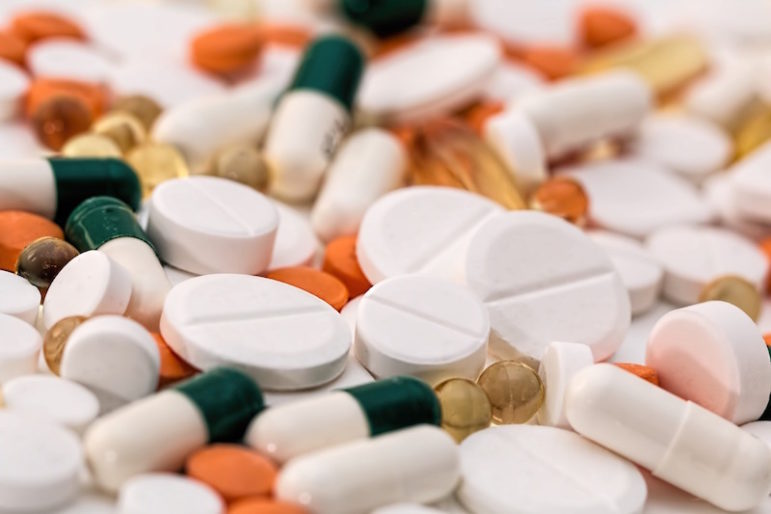
Photo: Pixabay
Patients trust drugs to cure them. But what if the medicine that is supposed to make them feel better has adverse effect on the their health or the environment? At the 11th Global Investigative Journalism Conference, veteran health reporters shared their top tips on investigating the multi-billion dollar pharmaceutical industry.
Panelists included Tetsuya Tanimoto of the Medical Governance Research Institute in Japan; Rinsho Saito of the Waseda Chronicle; Katherine Eban, author of “Bottle of Lies: The Inside Story of the Generic Drug Boom“; and Madlen Davies, of the Bureau of Investigative Journalism in the UK. Here are some of the takeaways.
1. Collaborate, Collaborate, Collaborate
Collaborate with other newsrooms and reporters. The pharmaceutical industry acts on a global scale, so collaborating with other journalists around the world can help you investigate the industry. Also think about collaborating with doctors themselves; doctors have a wealth of knowledge about drugs that is difficult to obtain from doing desk research. They will also know if something is wrong and have insider knowledge about the industry.
2. Conduct Local Tests
Antibiotic waste has contributed to antibiotic resistance around the world. If you want to find out whether, for example, antibiotic waste is polluting freshwater in an area, local tests of water and soil surrounding factories can give you hard proof.
3. Find out Who Owns the Factories
When covering the pharmaceutical industry, you will often have to find out more about the factories that produce the drugs. You can use a range of tools to identify the ownership of a factory. Some of them will have the names of the companies they supply on signs, but that’s not always the case. Check out local drug registries. Use Google Earth to identify factories. Consult annual reports of drug companies — some of them list addresses of their factories.
4. Follow the Money
Your investigation doesn’t stop with having found a factory with questionable drug production. Do supply-chain research. Who is producing the drugs? Which company is buying them, and which hospital is using them? For this, shipping data can be insightful. Panjiva is a good way to start. Also look into annual reports, as many companies are obliged to publish information on where they get their supplies from. Then check which hospitals buy those drugs. For this, you might have to use a Freedom of Information request.
5. Do On-the-Ground Research
As the pharmaceutical industry is a global one, you might have to team up with reporters in other countries to do on-the-ground research in places where the drugs are produced. You may also have to conduct some undercover investigations, but make sure you stick to high editorial standards for that and be mindful of the risks you’re taking.
6. Show Dedication to the Story
Some industry insiders will want to talk to you and expose criminal activities, but they will only do so when they trust you. It might take months for you to convince them that you’re the right person to speak to. In some cases, this might also require traveling long distances to where they are to show that you’re serious about the story.
 Leonie Kijewski is a freelance reporter based in Cambodia. Her work has appeared in The Guardian, Al Jazeera, Voice of America, and various other publications. She speaks German, English, French, and Dutch. She previously worked for the Phnom Penh Post in Cambodia as a sub-editor and reporter. She holds a master’s degree in international law.
Leonie Kijewski is a freelance reporter based in Cambodia. Her work has appeared in The Guardian, Al Jazeera, Voice of America, and various other publications. She speaks German, English, French, and Dutch. She previously worked for the Phnom Penh Post in Cambodia as a sub-editor and reporter. She holds a master’s degree in international law.
